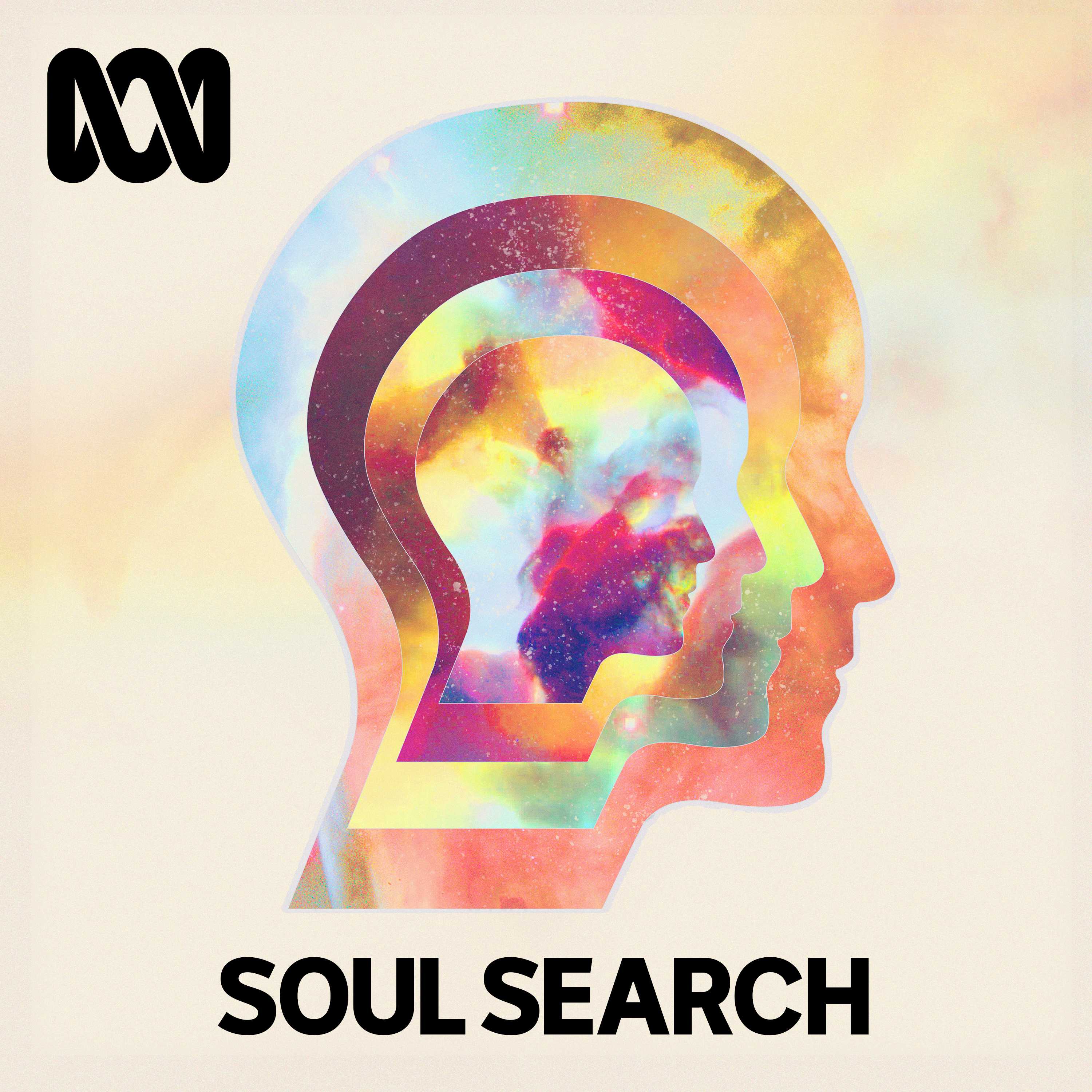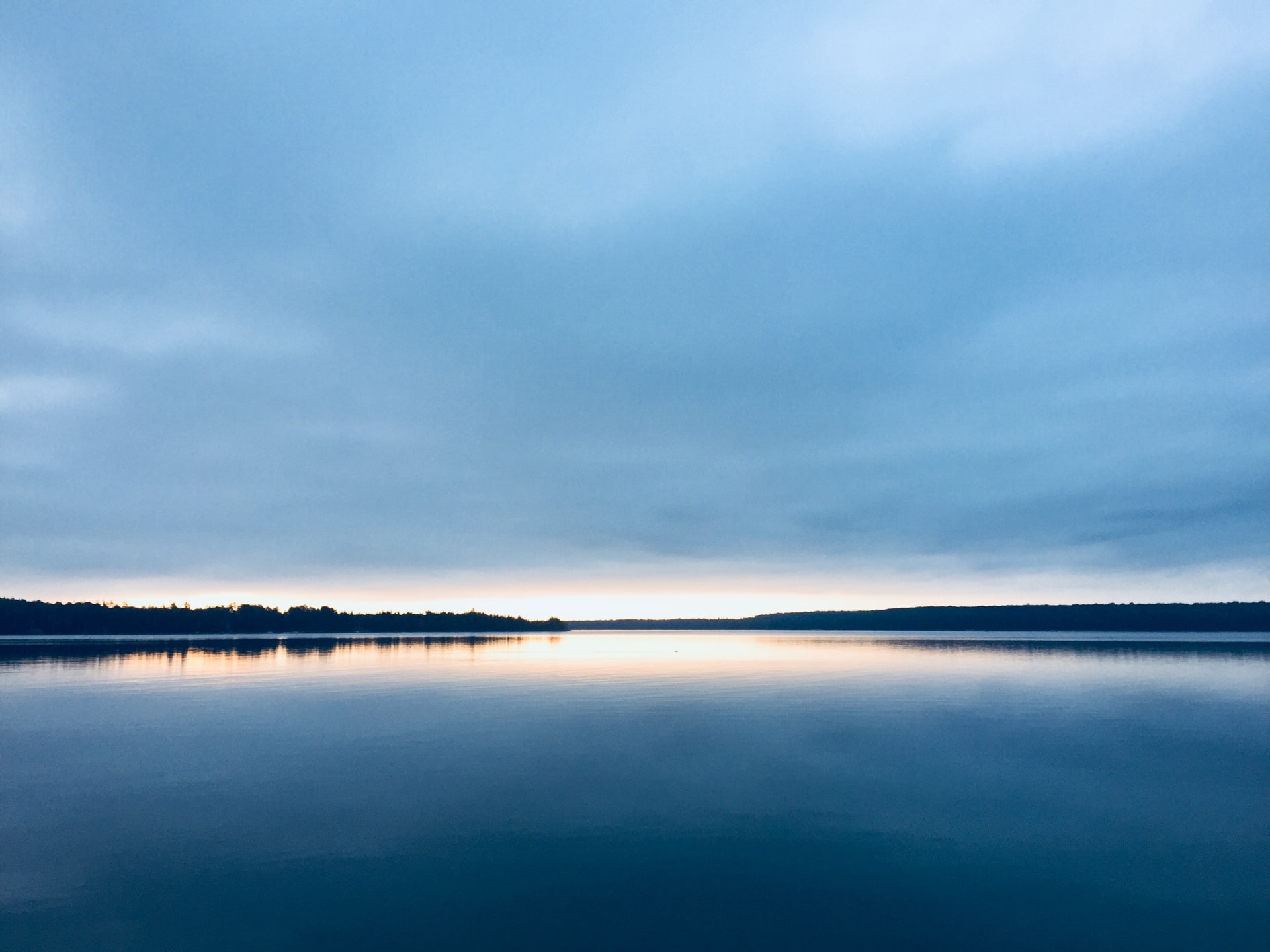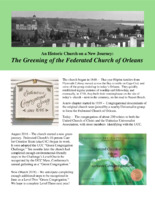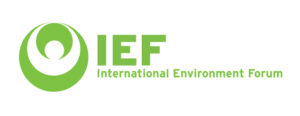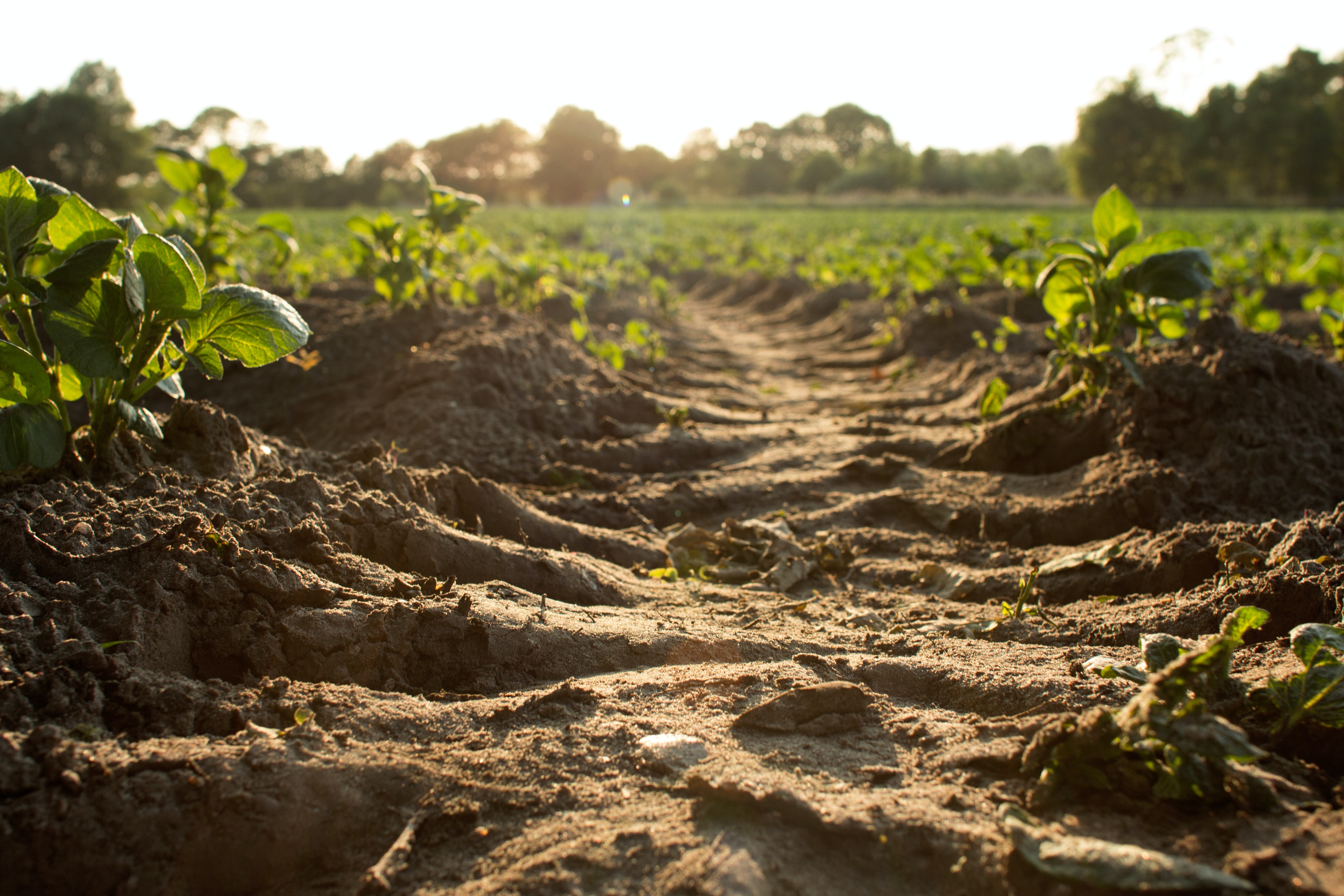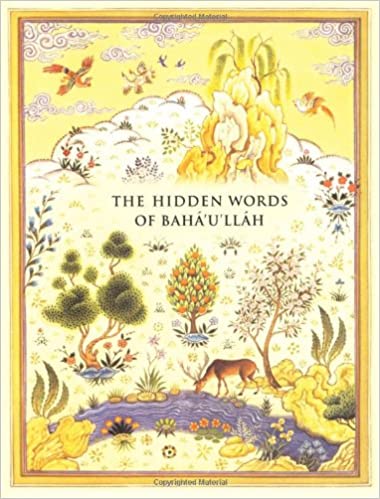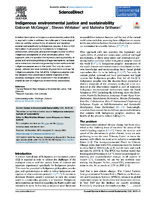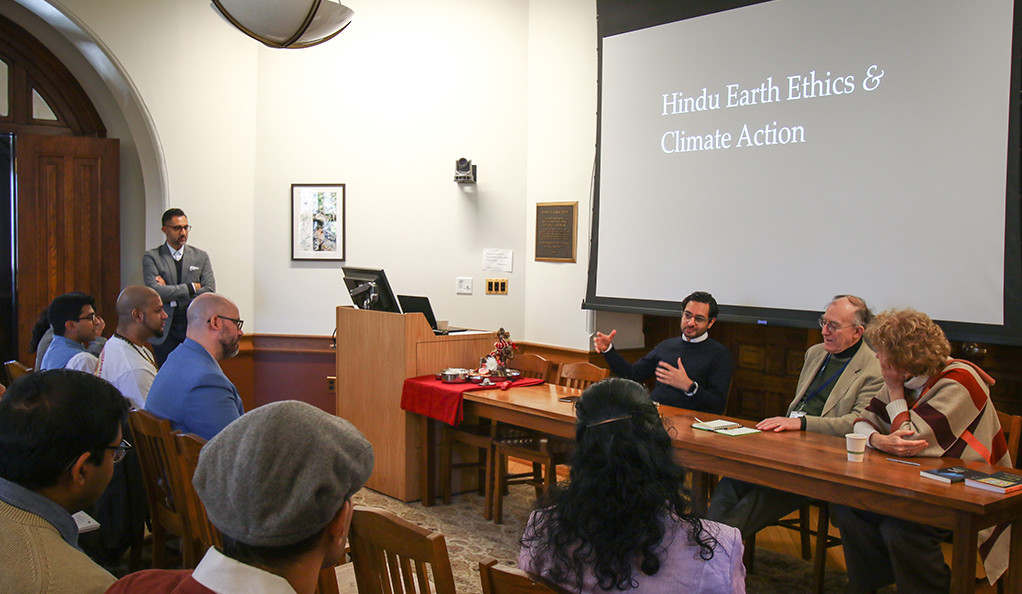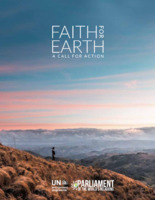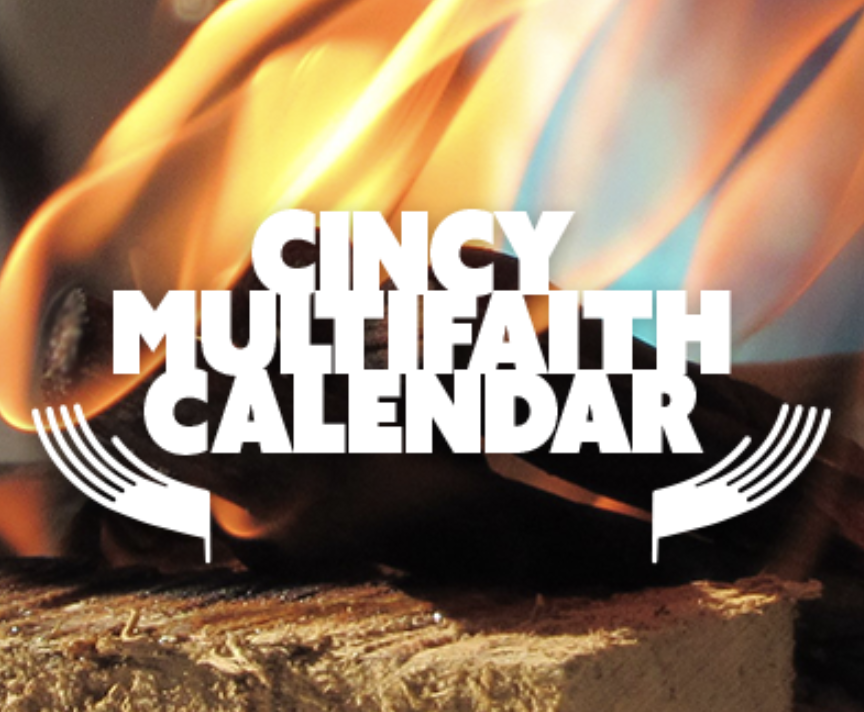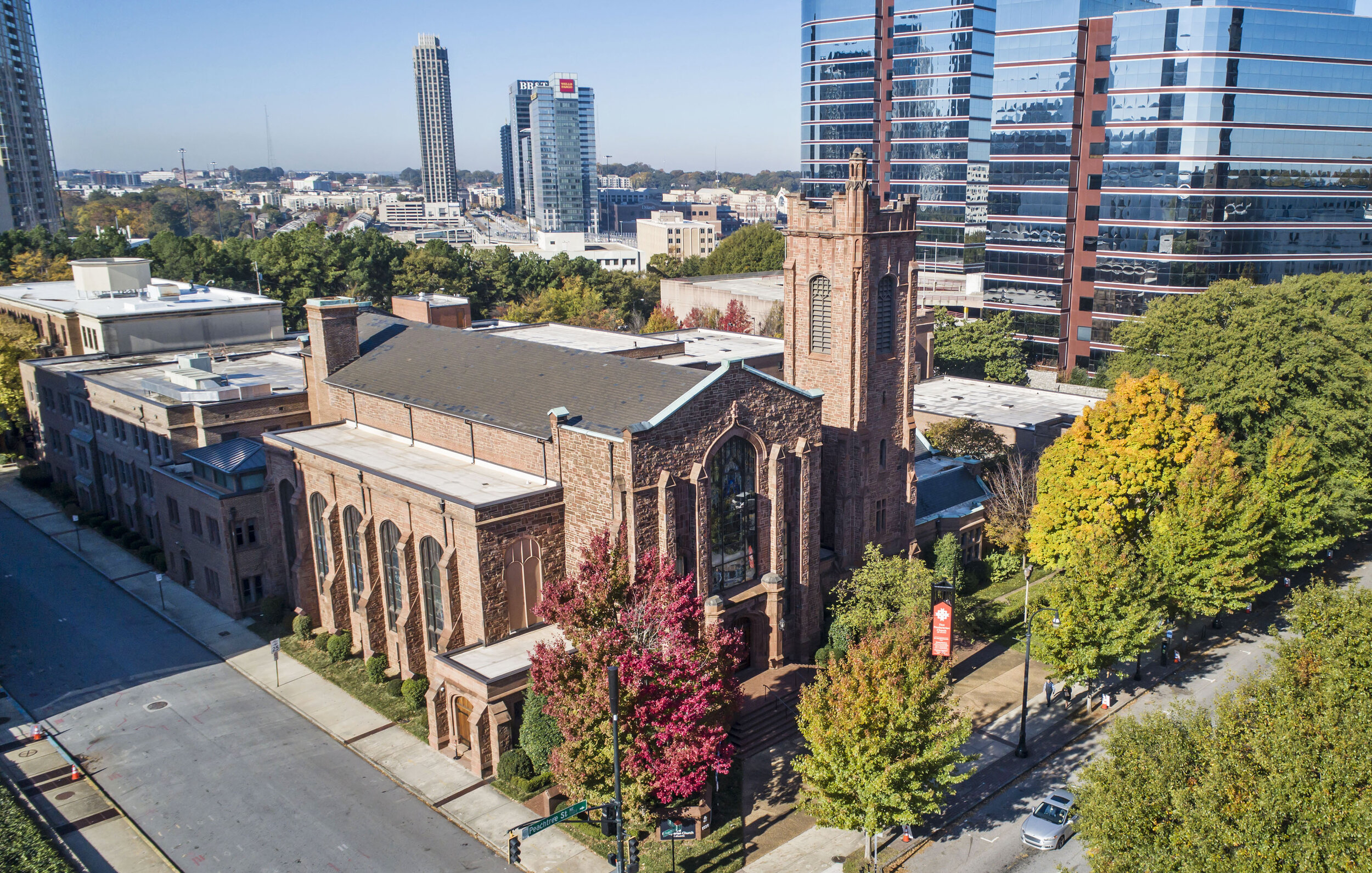Search
259 items
-
Soul Search with Dr. Meredith Lake
Soul Search explores contemporary religion and spirituality from the inside out — what we believe, how we express it, and the difference it makes in our lives.
Airs Sunday 6 pm Repeated: Wednesday 11 pm, Thursday 12pm.
You can listen to this podcast on platforms such as Apple Podcasts, Google Podcasts, and ABC Listen App. -
Sacred landscapes: religion and ecology around the Pacific
To mark World Environment Day, on June 5, we begin a new series on religion and ecology.
From the church forests of Ethiopia to the mountains of Chinese Daoism, the sea-scapes of Pacific theology to the forest monasteries of Theravadin Buddhism, the three-part series of sacred landscapes will explore how religion and spirituality might matter in the Anthropocene. How do the places we love shape our sense of the sacred? And how are our spiritual lives nurtured by the bush, the mountains —or even the sea?
In the first episode, Mary Evelyn Tucker, co-founder and director of the Forum on Religion and Ecology at Yale University introduces us to the series.
We also hear from Rev Dr Jione Havea, a pastor from Tonga about what it means to belong to the islands and to their seas. Rev Havea works at the forefront of postcolonial hermeneutics and Pasifika theology. His books include ‘Indigenous Australia and the Unfinished Business of Theology’. -
The Greening of the Federated Church of Orleans
The church began in 1646 – That year Pilgrim families from Plymouth Colony moved across the Bay to settle on Cape Cod, and some of the group ended up in today’s Orleans. They quickly established regular patterns of worship and fellowship, and eventually, in 1718, they built their meetinghouse on the site of today’s church – next to the cemetery, on the road to Nauset Beach.
August 2016 – The church started a new green journey. Federated Church's 10-person Care for Creation Team (aka C4C) began its work. It soon adopted the UCC “Green Congregation Challenge.” Ten months later the church had completed enough environmental-friendly steps in the Challenge’s Level One to be recognized by the UCC Mass. Conference's annual gathering as a “Green Congregation.”
Now (March 2018) – We anticipate completing enough additional steps to be recognized in June as a Level Two “Green Congregation.” We hope to complete Level Three next year! -
Green Shinto
Green Shinto is a blog by John Dougill operating out of Kyoto, Japan, which is dedicated to the promotion of an open, international and environmental Shinto. It seeks to celebrate the rich heritage of the tradition, from sacred rocks and shamanistic roots to bawdy myths and fertility festivals. It believes Shinto to be essentially diverse, localised, and community-oriented. It looks to a Shinto free of borders, liberated from its past to meet the demands of a new age. It looks in short to a Shinto that is green indeed as well as in word. -
Solstice Celebration 2021
June 20, 7:00 PM ET
FREE EVENT — Registration Required!
From time immemorial, humans have honored the winter and summer solstices, as sacred and rich times, to align our personal and collective lives with the movement of celestial bodies. Some of us are heading into the darkness of winter while others are headed into summer and longer days. Wherever you are, the solstice is a planetary event.
A solstice occurs when the Sun reaches its most northerly or southerly excursion relative to the equator. Two solstices occur annually, around June 21 and December 21.
The term solstice can also be used in a broader sense, as the day when this event occurs. The day of a solstice in both hemispheres has either the most sunlight of the year (summer solstice) or the least sunlight of the year (winter solstice) for any place other than the Equator, where the days and nights are equal in length all through the year.
Here’s how we’ll celebrate:
• Experience live music
• Express and be moved
• Awaken your senses
• Discover new insights
• Connect with others across the globe
• Celebrate the Sun!
-
The Story of Stuff (Documentary)
The Story of Stuff is a short animated documentary about the lifecycle of material goods. The documentary is critical of excessive consumerism and promotes sustainability.
Filmmaker Annie Leonard wrote and narrated the film, which was funded by Tides Foundation, Funders Workgroup for Sustainable Production and Consumption, Free Range Studios and other foundations. Free Range Studios also produced the documentary, which was first launched online on December 4, 2007.
The documentary is used in elementary schools, arts programs, and economics classes as well as places of worship and corporate sustainability trainings. By February 2009, it had been seen in 228 countries and territories. According to the Los Angeles Times as of July 2010, the film had been translated into 15 languages and had been viewed by over 12 million people. -
The Story of Stuff Project
The Story of Stuff Project is:
Community-Minded
Our global, online Community of over 1 million Changemakers includes parents, community leaders, teachers and students, people of faith, entrepreneurs, scientists and others interested in creating a more healthy and just world. The interests and needs of our Community members deeply informs our work, and your passion and support enable our small team to have an outsized impact.
Solutions-Focused
We know all about the problems — from climate change to income inequality to political corruption. Our movies and other media focus instead on the big, exciting innovations driving the environmental and social change we need, as well as the little things individuals and communities can do to make a difference. We call it ‘Growing Solutions’.
Action-Oriented
We believe that dramatically increasing civic participation — not just refining our consumer choices — is the key to unlocking the profound challenges we face. Our four-week Citizen Muscle Boot Camp program equips participants with the basic skills they need to organize and lead a local project. And our campaigns provide diverse, engaging opportunities for our Community members to get involved, from the global level down to where they live and work. -
Patagonia's Environmental Activism Page
From mission statements to multimedia resources to annual reports, this page displays projects essential to Patagonia's sustainability efforts as a business as well as an environmentalist community. The site can serve as an inspiration template for organizations and businesses when seeking ideas for storytelling and communications with a wider audience. -
Books on Religion and Climate Change
This list includes 37 titles (and counting) that examine climate change and our connection to the environment from multifaceted religious perspectives.
This could serve as an inspiration for anyone who's interested in learning more about the philosophy of environmentalism.
The list updates as new books are being published. -
International Environmental Forum
The International Environment Forum, as a Bahá'í-inspired professional organization for environment and sustainability, shares and upholds the principles and ideals of the Bahá'í Faith and supports its efforts to establish and promote peace, the unity of the human race, and an ever-advancing world civilization that preserves the ecological balance of the planet.
The Bahá'í Writings warn of the dangers of material civilization carried to excess, enjoin moderation, emphasize the oneness of humankind, and support ecological principles such as the interrelatedness of all things, unity in diversity, and the fundamental reality of increasing levels of cooperation, complexity and reciprocity across the vast extent of creation. The Bahá'í Faith considers the preservation of the ecological balance at all levels in the world to be of vital concern to all humanity, and urges action for the environment and sustainable development from the local to the global level in ways that are in harmony with the rhythm of life in the community. Our inner life cannot be separated from the environment around us, the two being intimately interrelated, requiring that environmental and sustainable development issues also be addressed at the level of fundamental ethical and moral values and principles. -
A Bahá'í Compilation on Soil and Earth
This compilation gathers a selection of references to soil, earth and minerals in the Bahá'í Writings, including the ways these are referred to both symbolically and literally.
Contents:
Mineral Kingdom
Agriculture
Metaphorical Uses
Humility
Earth as Tomb
Rain on Soil
Fertile versus Barren
Cultivation - Divine Education -
The Hidden Words of Bahá’u’lláh
A collection of spiritual teachings which is intended for all religious persuasions and those who seek a spiritual life. These meditational verses which were composed by Baha'u'allah, about the year 1858, while in exile to Iraq, explore the relationship between God and man. -
The U.S. Baha'i Office of Public Affairs
The Office of Public Affairs for the Baha’is of the United States was founded in 1985 to represent the American Baha’i community on the national stage.
Today, we collaborate with governmental and non-governmental organizations, individuals, and groups to advance thought around our focus areas, which currently comprise racial unity & justice, the environment, economic justice, human rights, the role of media in society, and gender equality & the advancement of women.
Our Office operates under the auspices of the National Spiritual Assembly of the Baha’is of the United States, the elected governing body of the American Baha’i community. -
Indigenous environmental justice and sustainability
Current Opinion in Environmental Sustainability
Volume 43, April 2020, Pages 35-40 -
Hindu Earth Ethics and Climate Action Conference at Yale
Held at Yale University in February of 2019, this conference brought together Hindu policy makers, climate activists, and other community leaders to advocate for collective action regarding climate change. The event speakers drew on Hindu teachings, such as the inherent divinity in all life forms, to persuade members of the Hindu community to make changes in their own life that can mitigate their environmental impact. The event also backed the Green New Deal as a model environmental policy plan, and called for political participation by all members to ensure the implementation of similar policies. -
Sacred Watersheds and the Fate of the Village Body Politic in Tibetan and Han Communities Under China’s Ecological Civilization
Coggins studies the spiritual ecologies of Tibetan and Han communities in the People's Republic of China. The Tibetan animism focuses on the protection of landscapes because of their relation to various deities and spirits. Han communities worked on creating fengshui forests to find balance a balance of qi in all things. -
IRI Colombia continues far-reaching communications campaign to grow awareness on the importance of tropical forests
IRI Colombia continued its communications campaign to raise awareness about its mission and expand engagement in the 36 local chapters where IRI has a presence. IRI Colombia radio spots (which will run through the end of 2021) are being broadcast seven days a week on the country’s leading radio networks and will reach over 250,000 people. Listen to the radio spots in Spanish here.
IRI Colombia has also commissioned 10 billboards in strategic locations with messages like “Forest = water and oxygen” and “Plant a tree” to increase awareness about the importance of protecting and restoring tropical forests. The 36 IRI Colombia local chapters continue implementing their 2021 action plans, which include activities such as reforesting watersheds and springs, cleaning up riverbanks, and establishing tree nurseries. -
Interfaith Rainforest Initiative (IRI) Campaign Videos
The Interfaith Rainforest Initiative (IRI) creates artistic and well-produced videos that accompany their programs on climate change education and awareness-raising in branch offices around the world.
These videos are great resources for those looking for multimedia inspirations that amplify sustainability communications efforts. -
Faith for Earth: A Call for Action
This book was first published at the beginning of the twenty-first century. A joint project of the United Nations Environment Programme and the Interfaith Partnership for the Environment, it was titled Earth and Faith: A Book of Reflection for Action. The partners printed tens of thousands of copies and gave them to schools, congregations, and communities throughout the
world. The book described the growing threats to our planet’s life support systems, the reverence all faiths share for life on Earth, and the responsibility that people have to future generations. -
Cincy MultiFaith Calendar
The Cincy MultiFaith Calendar empowers multi-faith learning and experiences through sharing traditions celebrated by different faiths with the wider public.
"This project was inspired by the inaugural Cincinnati Festival of Faiths held on June 24th, 2018, on the campus of Xavier University. That amazing event, which attracted 25 faith communities representing 13 world religions, was the most inclusive gathering of faith traditions ever assembled in the region’s history. Within days of that historic event, ideas for more multi-faith learning and experiences emerged, among them the idea of producing a multi-faith calendar. The purpose and hope of the calendar are that people of different faith traditions, or without a faith tradition, might learn more about one another. We all hold the hope that we could create a tool to help open the eyes of young people who could understand one another and break down those silos that segregate our world." -
Zoom Events: Greening the Bible
The goal of this short course is to read the Bible afresh: to reinterpret texts of terror (for other creatures) and to reclaim passages that show the importance and agency of nonhuman persons. It is intended as a tool for forming earth-inclusive Christians. -
ECHO Global Farm
ECHO introduces sustainable plants, climate-resilient techniques, and technologies to farmers around the world who are struggling to feed their families.
Through partnering with local NGOs, farmers, volunteers, and missionaries, ECHO is able to be efficient with their resources in providing aid where it's needed the most.
Empty bellies and empty hearts lead to pain and suffering for individuals, families, and communities across the world. ECHO believes that as active participants in the Great Commission and stewards of great agricultural knowledge, it is their duty to grow and make disciples. -
Profile: EquaSion (Equality, Spirituality, Inclusion)
EquaSion, formerly known as the Bridges of Faith Trialogue, is a non-partisan civic organization founded upon interfaith dialogue that works to develop educational and community service programming to foster greater understanding, respect, compassion, inclusion, and engagement for all people and faith communities in Greater Cincinnati and beyond. -
Sustainable Consumption Research and Action Initiative (SCORAI)
The Sustainable Consumption Research and Action Initiative (SCORAI) is a knowledge network of professionals working at the interface of material consumption, human well-being, and technological and cultural change. We aim to foster a transition beyond the currently dominant consumer society. SCORAI provides a forum for scholars and practitioners striving to understand the drivers of the consumerist economy in affluent technological societies; to formulate and analyze options for post-consumerist lifestyles, social institutions, and economic systems; and to provide the knowledge for emergent grassroots innovations, social movements, and public policies. -
The Bhumi Project Hindu Plans for Generational Change
This article outlines the Bhumi Project's nine-year plan to encourage better environmental practices among Hindu communities. This plan is broken down into three sections: Networking, Action, and Education. These sections are derived from Hindu traditions and creatively suggest how such traditions can be tailored to be more environmentally friendly. The Network section details how the plan will be dispersed throughout Hindu communities and provides incentives for those who choose to follow the plan. The Action section focuses on what can be done at the organizational and individual level to promote sustainability in Hindu communities. The Education section of the plan discusses how the Bhumi project intends to provide informative resources for communities, schools, and priests to learn about the interconnectedness of the Hindu faith and the environment. Overall, the Bhumi Project intends to inform Hindu communities about environmental issues and encourage them to adopt pro-environmental behaviors that are in line with the Hindu faith and traditions.

